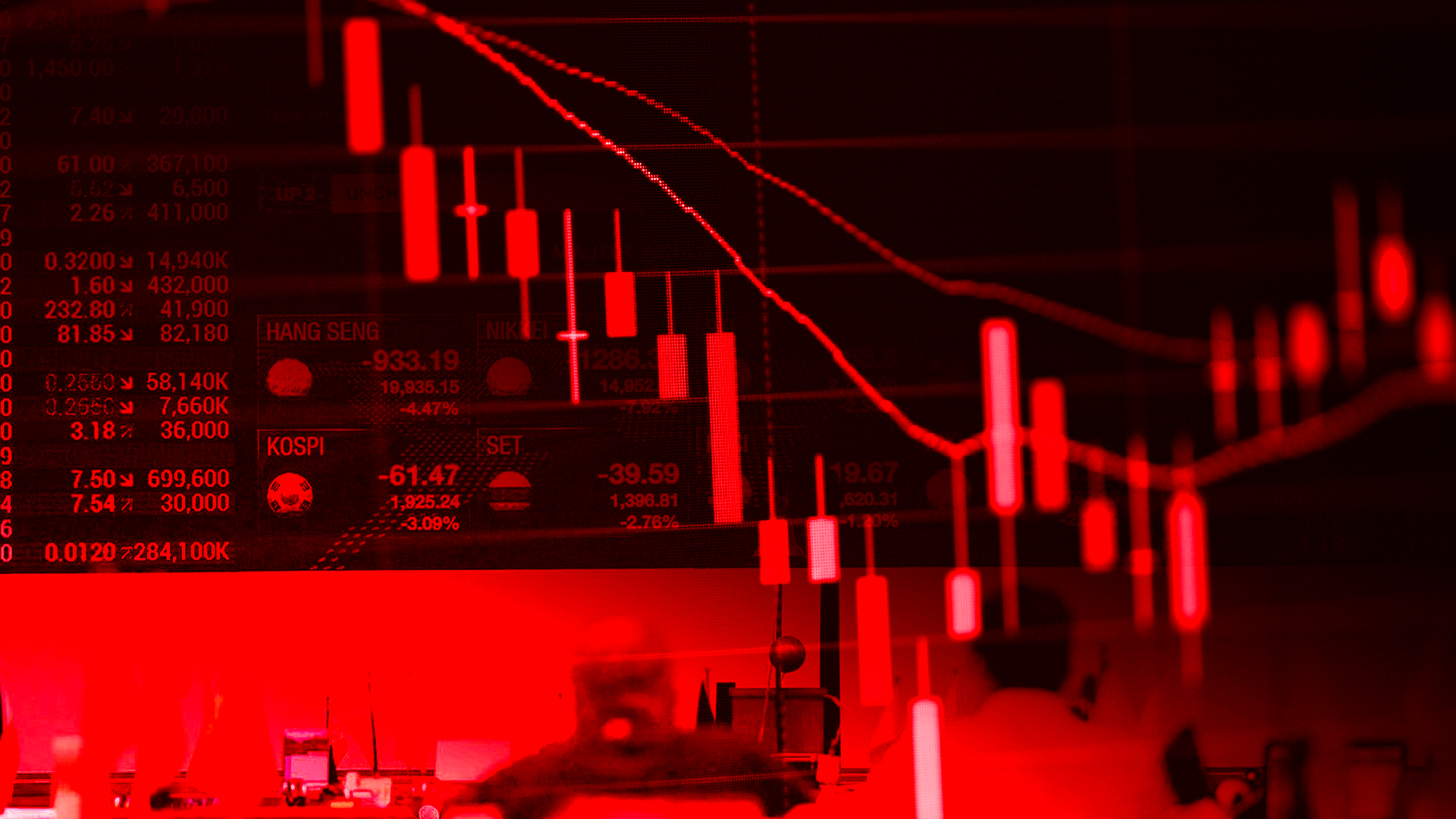The peso is weakening, prices are at risk of climbing, and jobs may soon be harder to find. As corruption scandals over multibillion-peso flood control projects spark widespread outrage, economist and former Social Welfare Undersecretary Prof. Emmanuel Leyco warns the Philippine economy could be headed for rougher waters.
The Philippine economy is facing mounting headwinds as corruption scandals engulf government infrastructure programs.
These controversies threaten to slow growth, weaken the peso, and dampen investor confidence, economist and former Social Welfare Undersecretary Prof. Emmanuel Leyco warned in a DZRH News interview on Saturday, September 27.
Leyco said the peso could breach the sensitive ₱59 to ₱60 exchange rate against the U.S. dollar, a psychological threshold that could trigger inflationary pressures.
“Hari nawa, ang ating palitan ng piso kontra dolyar ay huwag sumampa ng 59 lalo na po sa 60. Huwag na po tumaas ang inflation sa 2.5, huwag pong lumabas na mas maraming mga mamamayan ang nawalan ng trabaho dahil po sa mga kaguluhan na nangyayari sa ating bayan,” he cautioned.
The growth target of 6% GDP for 2025 has already been revised downward to 5.6%, but Leyco fears it could slip further to 5.4% or lower due to the political and fiscal fallout from corruption scandals.
“Kapag bumaba pa iyan sa 5.5% o 5.4%, talagang magulo na ang isip ng mamamayan, hindi na po katanggap-tanggap iyan,” he warned.
Corruption, Leyco explained, is also slowing government spending, particularly on public infrastructure.
He noted that projects suspected of irregularities have been suspended or delayed, curbing stimulus for the economy.
“Ngayon pa lang po, nararamdaman na natin iyan. Kaya po sa GDP natin, magkakaroon ng reflection iyan,” he lamented.
The private sector is also tightening its belt, with consumer confidence and investments taking a hit.
Leyco observed a cooling in real estate, especially in high-end developments, as buyers hesitate for fear of being associated with questionable contractors.
“Nabalitaan din po natin, nabasa natin na ang real estate po ay tinatamaan na, lalo po sa mga high-end, mukhang nagpipigil ngayon ang mga mamimili na pumasok doon sa mga investments na iyon dahil ba mapagkamalan silang mga kontratista,” he noted.
Leyco also warned that intense foreign media scrutiny of the corruption scandal could cast a shadow over the Philippines’ hosting of the 2026 ASEAN Summit.
He said visiting delegates and investors are likely to contrast the country’s widespread poverty with reports of massive misuse of public funds, putting the nation’s governance record under an international spotlight.
Leyco also flagged the stock market’s sluggish performance, saying the index has failed to recover and continues to slide amid uncertainty.
“Nakita na po natin na kahit ang stock market, hindi po makausad, in fact, bumababa at humihina ang stock index natin,” he said.
The business community has already raised alarms, with groups like the Makati Business Club, Employers Confederation of the Philippines, and various chambers of commerce issuing statements of concern.
Leyco said their collective stance shows that “the business sector is engaged, involved, concerned, and apprehensive over the implications of entrenched corruption on economic stability.
For ordinary Filipinos, the risks translate to higher prices and job insecurity.
With most goods dependent on imports, the weakening peso directly threatens the wallets of everyday consumers.
“Malaki po ang importation [ng mga pangunahing bilhiin], at ang pinambabayad natin ay dolyar, na binibili natin ng piso,” Leyco noted.
“Kung lumakas ang dolyar, humina ang piso, malaking epekto po iyan sa ating bulsa, lalong lalo na po ng ating mga mamamayan,” he warned.
Unless corruption is decisively addressed, Leyco warned, the country’s economic stability will remain under threat. He stressed that both government and business leaders must act quickly to restore public trust and prevent further erosion of the Philippines’ economic growth.






